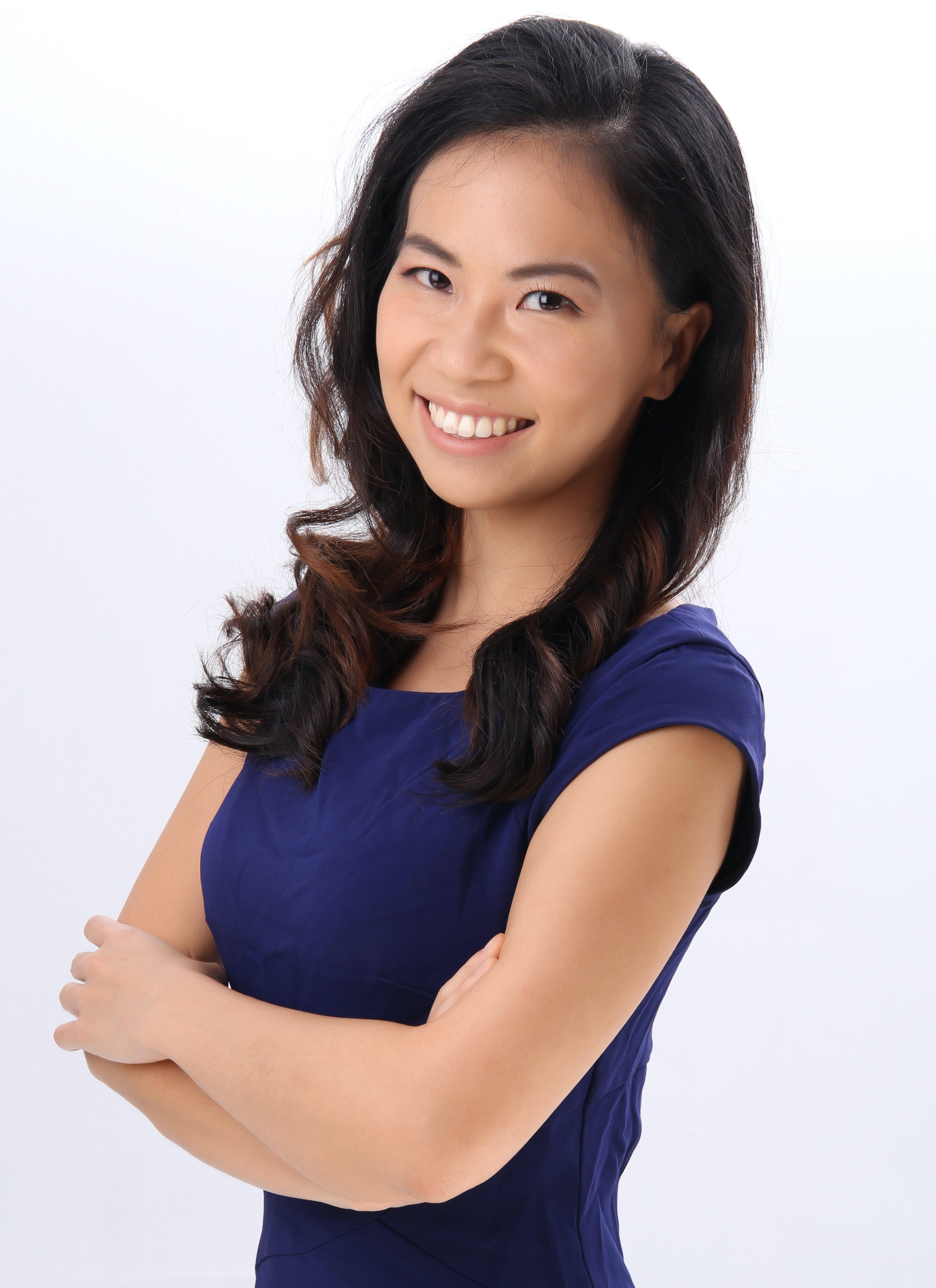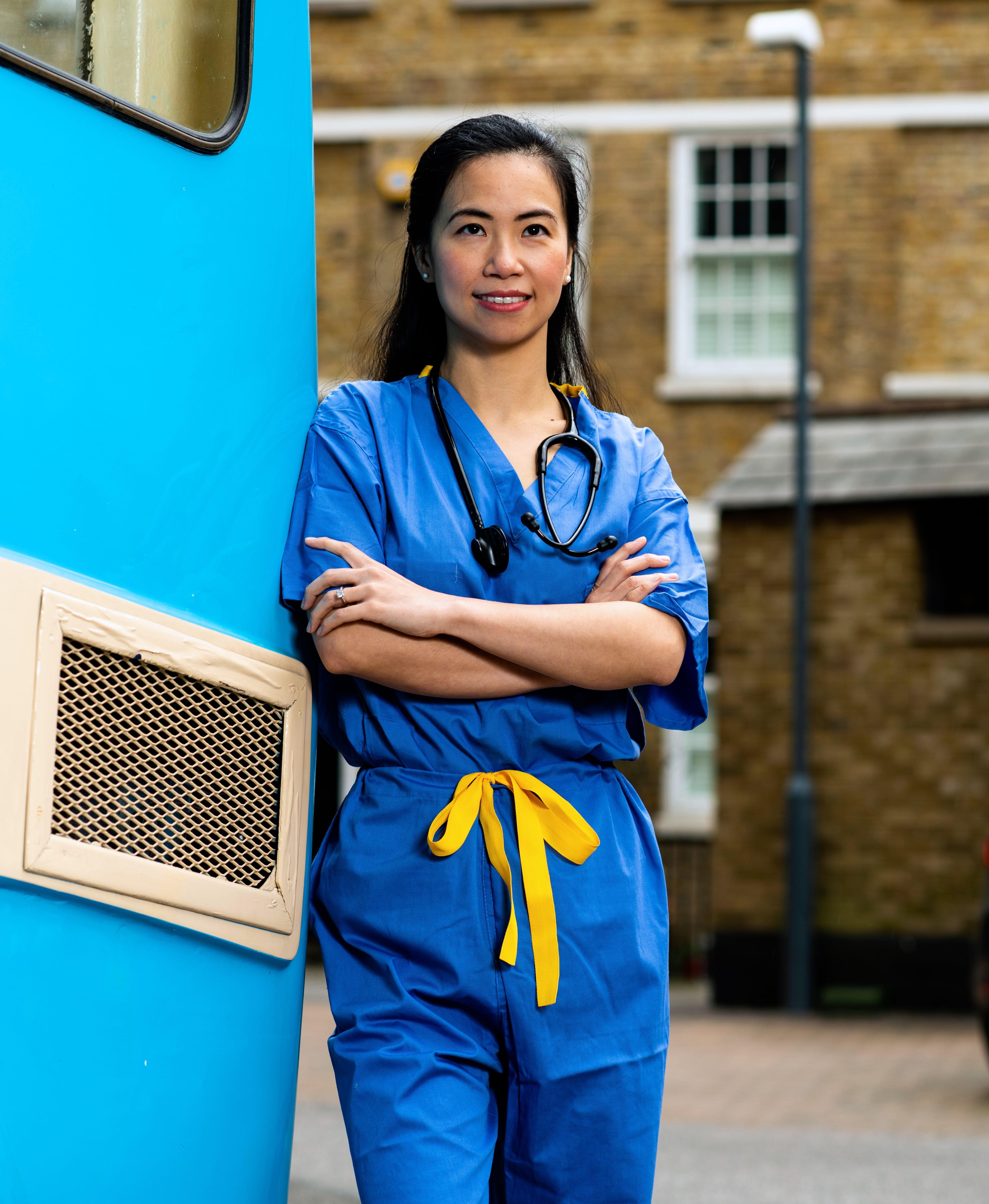Surgeons working as one team at the Nightingale Hospital London

26 Jun 2020
Miss Jessica Mok
Miss Jessica Mok is a General Surgery Registrar and is in the final year of her PhD in Obesity at University College London. She was one of the first volunteers at Nightingale Hospital London and was there when the first patients were received on 7 April 2020. In this blog series, Jessica describes the importance of multidisciplinary care and camaraderie while sharing what it was like to work in a field hospital set up for the COVID-19 pandemic.
I have been a doctor and general surgery trainee for more than ten years, having graduated from the University of Nottingham. Growing up, watching people getting injured during conflicts and wars had a huge impact on me and steered me towards a career in surgery. I cherish opportunities to work in challenging situations to diversify my experiences and better prepare myself for working in humanitarian crises. I did not expect, in the final year of my PhD in Obesity at University College London, at ST6 in general surgery training, that I would be called upon to work in a pandemic, out of my comfort zone. I was thrilled and scared at the same time. And here’s a snippet of what it was like.
As the COVID-19 crisis evolved, the Nightingale Hospital in London was set up as a field hospital taking in ventilated patients to relieve the burden on intensive care units (ICU) across the capital. I was among the first to volunteer, so I was there when the first patient arrived. Although I have worked as a doctor in many unpredictable and low-resource settings, including expeditions through the Amazon rainforest, Madagascan conservation projects, repairing hernias under headlamps in Malawi, treating victims of trauma in Soweto, South Africa, nothing quite prepared me for switching from a surgeon to an intensivist during a pandemic in a field hospital.
The first shifts took away a lot of my fears when I met my colleagues. I still remember the look of the ICU consultant when the ward doctor team introduced ourselves and our normal job roles: orthopaedic surgeon, ear, nose and throat (ENT) surgeon, general surgeon, ophthalmologist, among others. ‘Welcome, I am pleased to have a hardworking team on with me,’ said the ICU team leader. The ability to work hard and work under pressure combined with an eagerness to learn new skills are some of the key attributes of surgeons and were definitely useful in the current situation. I certainly spent any spare time I had, on the ward and outside, reading old and new textbooks, all the manuals I could find on ventilators, and about drugs I had never prescribed before. The COVID-19 ICU Remote Learning Course was a lifesaver! I didn’t think it was possible to transform surgeons into intensivists, but it is amazing what people can do when faced with these unprecedented challenges.
As patient numbers increased, we all managed our set of patients, trying our best to improve their physiology, troubleshooting ICU equipment and working out systematically why patients were deteriorating. As senior doctors in our own right, we had a good understanding of our limitations and were not hesitant to ask for help. I think ultimately this is what kept our patients safe. Discussing ventilator settings with my orthopaedic colleague was a surreal experience, but because of our diverse backgrounds, we all noticed different problems and brought in different points of view on how patients’ care can be optimised. We all did thorough ICU assessments for our patients, but on top of this, patients received excellent eye care from the ophthalmologists, were skillfully proned by the orthopaedic and physiotherapy teams, and received excellent oral care by our oral and maxillofacial surgeons. Nose bleeds were expertly packed by ENT surgeons and urinary catheters were checked and secured by our urologists. To my colleagues’ delight, I thoroughly checked all patients' bowel functions. It was incredible what the surgical team could bring to this ICU environment and how valuable this was.
My experience at Nightingale highlighted that we all have the ability to adapt our skills. The fact that we all saw the same problem but from different perspectives and angles, and came up with unique interpretations and solutions, meant that we served our patients well and truly in a multidisciplinary team manner.
The thing that worries me most about working in low-resource settings and austere environments is that we are now so specialised in our field and training that I will struggle to gain the breadth of surgical experience I need to do the job. Undoubtedly, I will need extra training to provide more comprehensive care to patients in conflict zones. The Nightingale experience, however, gives me hope that even in the era of super-specialisation, there is a role for more general training and skill sets and there are clear benefits to learning outside of our specialty interest, hopefully making it easier for me to acquire these skills.
As I reflect on my time at the Nightingale, I feel incredibly grateful for those ICU consultants who had the courage to take us on and work outside of their own environment with a completely new team and equipment, and who have had to make many difficult decisions for the patients. They tirelessly taught us ICU skills, regardless of the time of the night, often in stressful conditions, and having to speak up from within layers of personal protective equipment. The teamwork and camaraderie I experienced reminded me of being a first-year junior doctor, except that I had consultant surgeon colleagues as fellow ‘junior doctors’, and I was teaching them how to prescribe insulin sliding scales. But just like it was when I first started 11 years ago at the Western Infirmary in Glasgow, it was those wonderful and kind ICU nurses who took care of me and taught me everything I need to know to keep patients safe and make me a better doctor. Thank you!
'My experience at Nightingale highlighted that we all have the ability to adapt our skills.'
This blog is from our series COVID-19: views from the NHS frontline. If you would like to write a blog for us, please contact content@rcseng.ac.uk.

